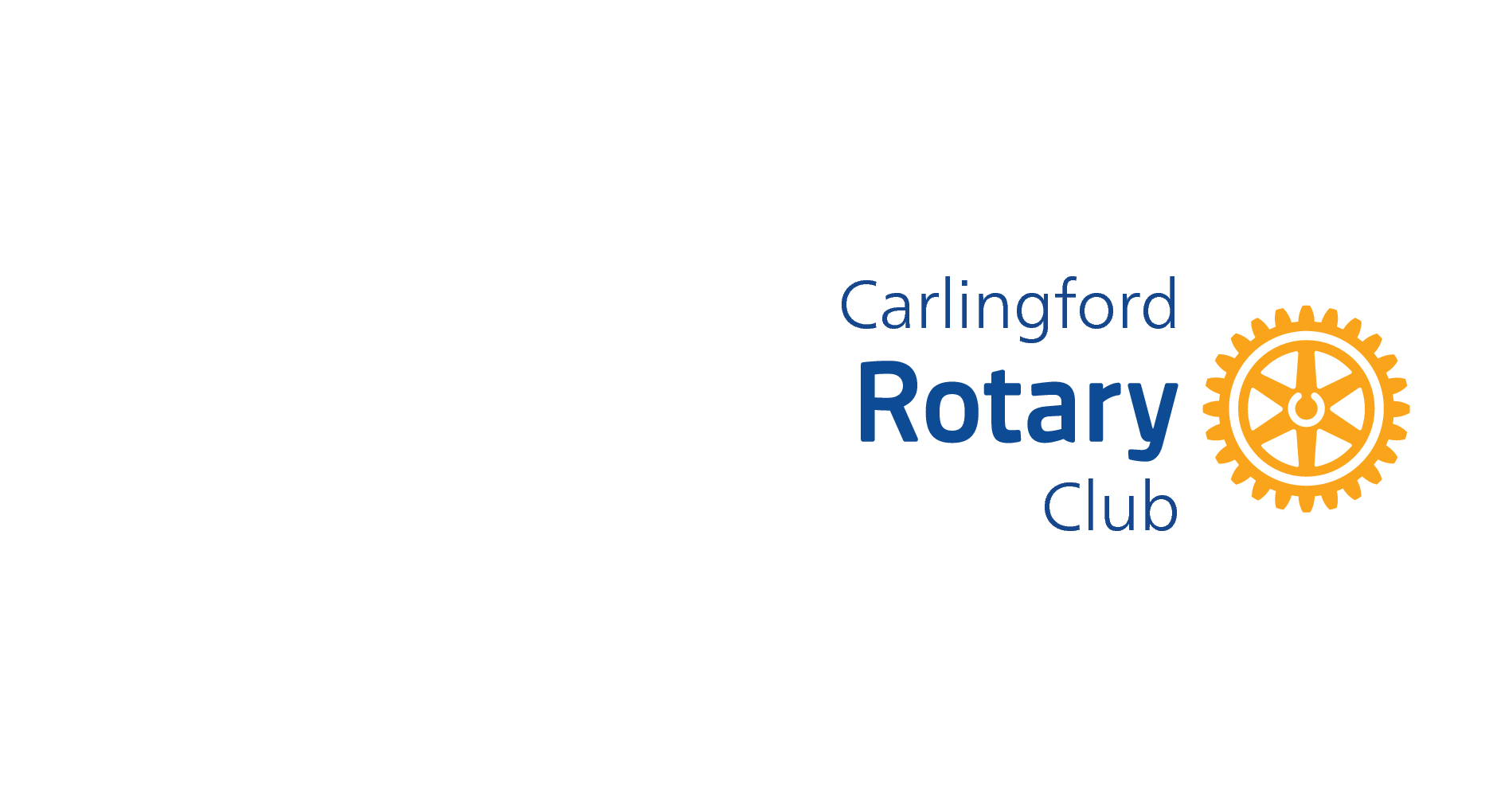International Projects
Hearing aid Donation for the Master in Audiology student clinic at the University of Santo Tomas Manila, Philippines
Used hearing aids and accessories are collected by Attune Hearing Clinics around Australia and are sent to the Attune clinic in Baulkham Hills NSW. My wife and I collect them from there and undertake the following activities with the hearing aids. Others are collected by my son, Dr. John Newall, of Macquarie University. We also have donations of electronic dehydrating and kits and spare parts like receivers, thin tubes and domes. We have just dispatched two packing cases of such items to Manila, with about 700 hearing aids.

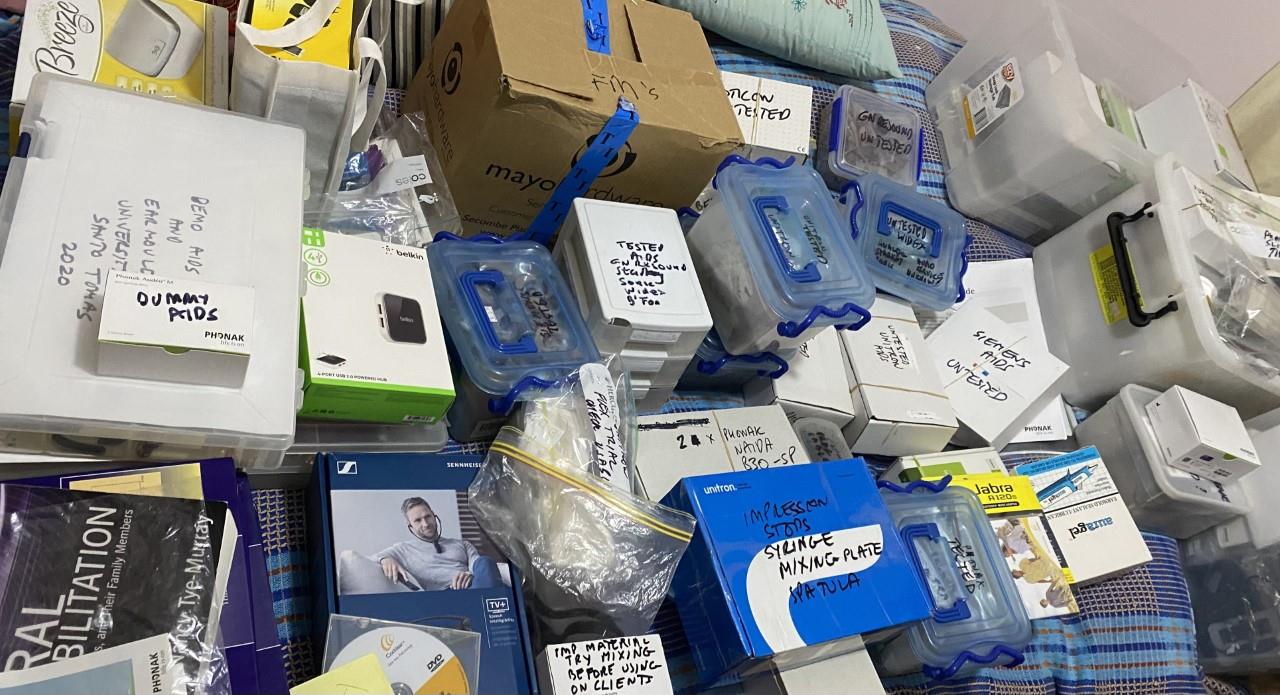
We clean the battery contacts with a cotton bud, vacuum the microphone ports and place the aid in a vacuum chamber. We then insert a battery and check that they are working. We replace microphone filters and acoustic dampers from tone hooks and replace the latter if they are missing.
We also sort the hearing aids into manufacturer categories and pack them in containers with a dehydrating tablet. If there is a matched pair of hearing aids, we pack them together. Most of the hearing aids are medium power, so we have to try to source super power aids, as these are needed for the deafer children in the Philippines. We approach the relatives of deceased ex-clients who have had this type of aid and ask them to donate the aids. We pack the hearing aids and accessories and they are sent by a shipping company to Manila.
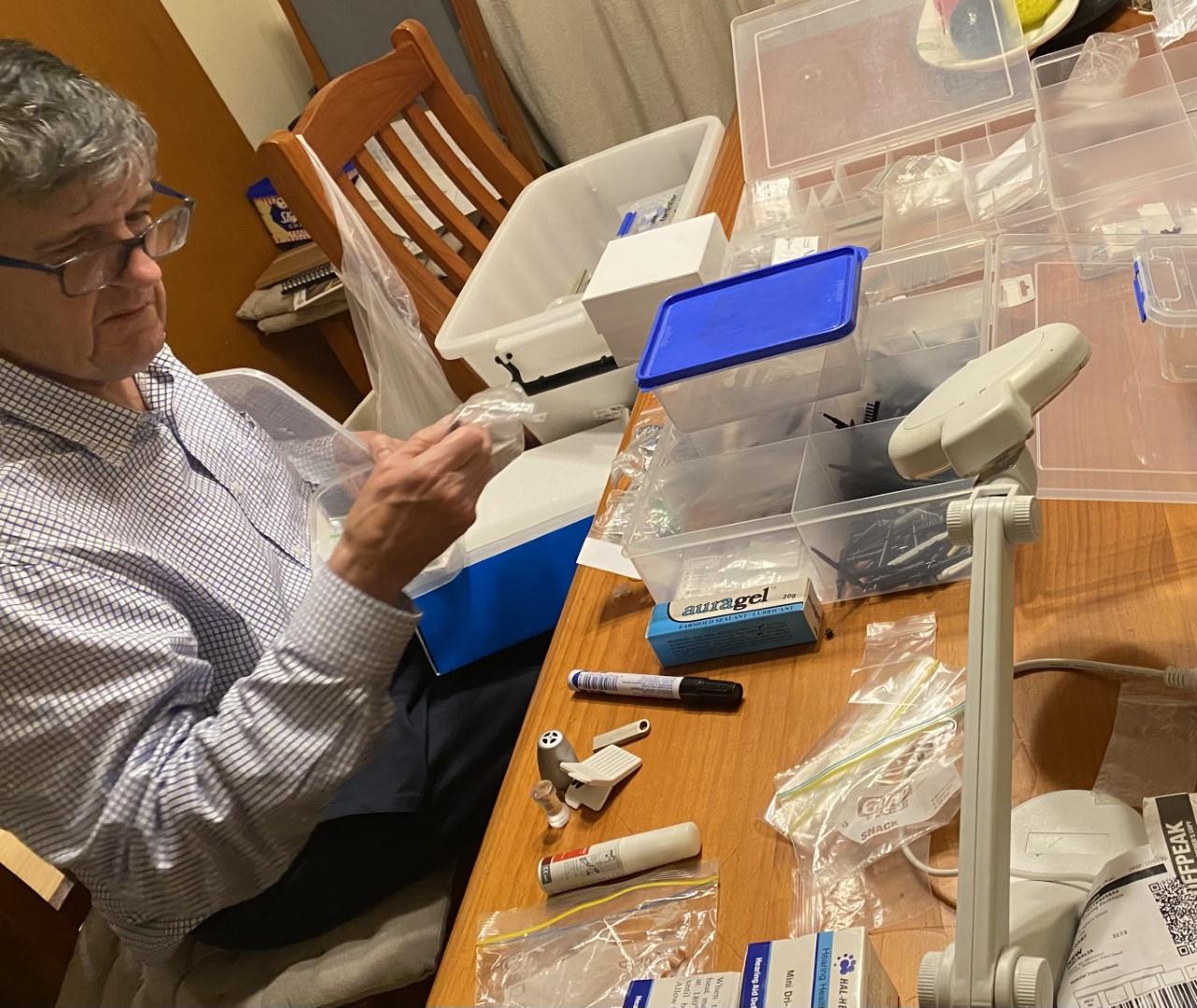
The University of Santo Tomas (UST) has a Master of Audiology program with an intake of about 20 students per year. We were involved with setting up this program (and one at the University of the Philippines) and have visited every year to give lectures on the programs. Prior to the setting up of these programs, parents had to buy hearing aids for deaf children from hearing aid dealers at considerable expense. The University Audiology Clinic has the software and programming devices to fit a wide range of hearing aids, as well as insertion gain equipment. We have donated some of this equipment over the years and our Club has supported this work.
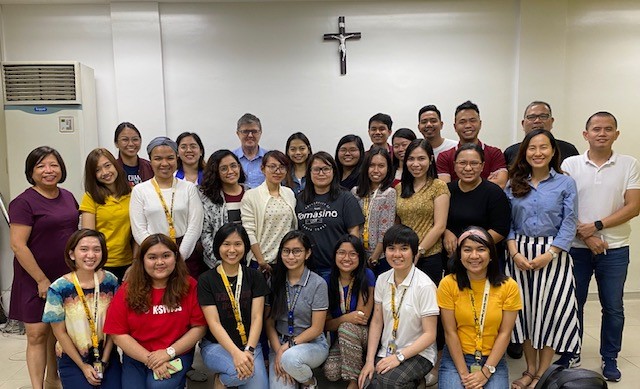
There is a great need for hearing aids in developing countries, especially for hearing impaired children. Such children cannot easily learn to acquire oral language, social skills and are at a significant disadvantage in a classroom situation. Early identification of hearing loss and fitting suitable hearing aids can make a big difference to such children, who may even be mis-identified as having an intellectual handicap, when they cannot understand instructions.
Dental equipment worth $100,000 donated to Samoa
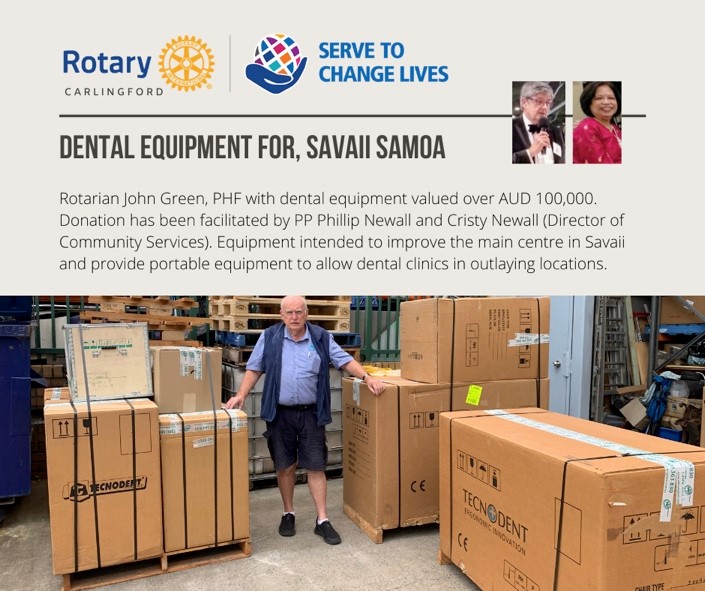
In past years, our own dental equipment engineer John Green has donated various pieces of equipment to improve dental services in the island of Savaii, Samoa. John has also accompanied equipment to guide installations.
However with the COVID-19 travel restrictions, John has worked hard to donate even more equipment and attract talented Rotary volunteers to build some special devices to his design. Some of it is refurbished pre-loved items stripped down for modification necessary for their style of mobility, such as the two portable carts shown, together with hand tools and consumables.
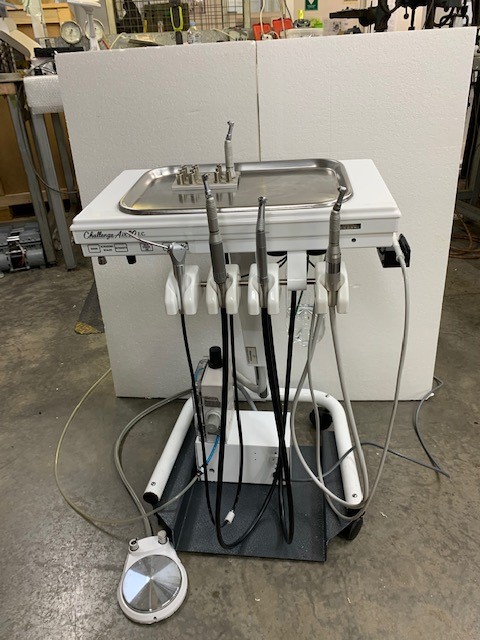
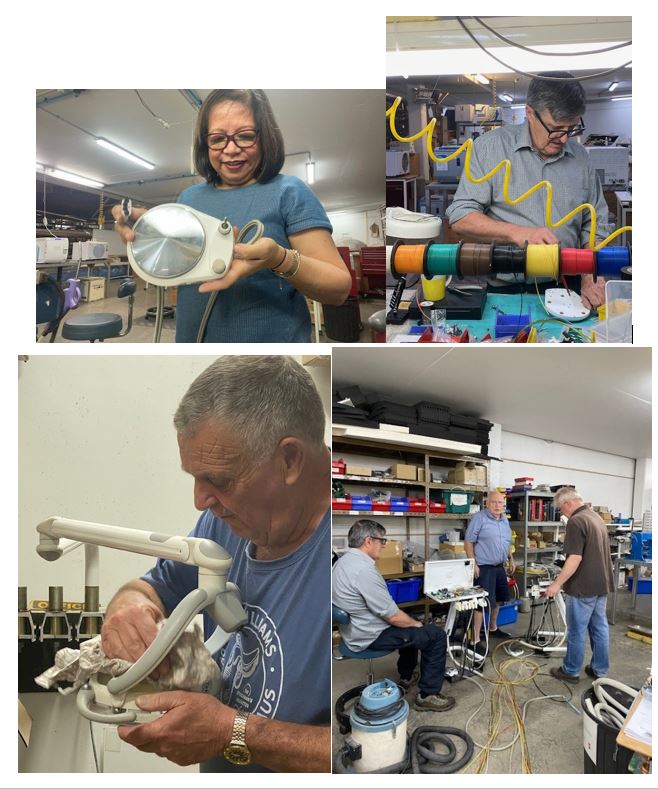
#Rotaryrecycles

